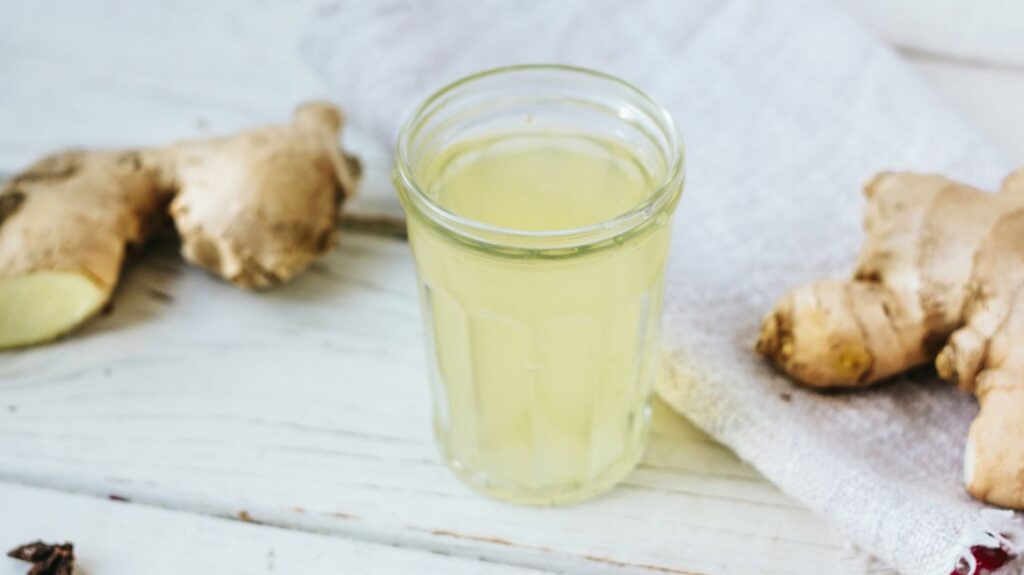Ginger, a spice commonly used in cooking and traditional medicine, has numerous health benefits. One tablespoon of ground ginger contains only 19 calories, but provides 2% of the daily value of manganese, 1% of iron, and 1% of potassium. Ginger contains many bioactive compounds that give it its characteristic flavor and aroma, as well as its many health benefits. These include reducing inflammation, improving digestion, boosting immune function, and reducing pain. Incorporating ginger into the diet can be done in creative ways, such as adding it to smoothies, tea, soups, baked goods, and marinades.
The Power of Ginger: Boosting Flavor and Health Benefits
Ginger is a spice commonly used in cooking and traditional medicine. It adds a unique flavor and aroma to dishes, and is known for its digestive and anti-inflammatory properties. In this article, we will explore the nutritional value and health benefits of ginger, and how it can be incorporated into a healthy and delicious diet.
Nutritional Value of Ginger
Ginger is low in calories and rich in nutrients. One tablespoon of ground ginger contains only 19 calories, but provides 2% of the daily value (DV) of manganese, 1% of the DV of iron, and 1% of the DV of potassium. In addition, ginger contains several bioactive compounds, including gingerol, shogaol, and zingerone, which give it its characteristic flavor and aroma, as well as its many health benefits.
Health Benefits of Ginger
Ginger has been used for centuries in traditional medicine to relieve nausea, vomiting, and indigestion. Recent studies have also shown that ginger may have a variety of other health benefits, including:
-Reducing inflammation: Ginger contains compounds called gingerols and shogaols that have anti-inflammatory properties, which may help reduce the risk of chronic diseases such as heart disease, diabetes, and cancer.
-Improving digestion: Ginger has been shown to stimulate digestion and reduce feelings of bloating, cramping, and gas. It may also help reduce nausea and vomiting associated with motion sickness, morning sickness during pregnancy, and chemotherapy.
-Boosting immune function: Ginger has antibacterial and antiviral properties, and may help improve immune function and reduce the risk of infections.
-Reducing pain: Ginger has been shown to have pain-relieving properties, and may help reduce the severity of menstrual cramps, headaches, and osteoarthritis.
How to Incorporate Ginger into Your Diet
Ginger can be used in a variety of dishes, from sweet to savory. Here are some ideas for incorporating ginger into your diet:
-Add fresh grated ginger to smoothies, marinades, and stir-frys for a spicy kick and added health benefits.
-Enjoy a cup of ginger tea by steeping fresh ginger in hot water with lemon and honey.
-Grate fresh ginger into soups and stews for added flavor and digestive benefits.
-Use powdered ginger in baked goods such as cookies and muffins for a warm spice flavor.
-Combine fresh ginger with garlic, soy sauce, and vinegar for a tasty marinade for meats, tofu, or vegetables.
In conclusion, ginger is a powerful spice with many health benefits. By incorporating ginger into your diet in creative ways, you can boost both the flavor and nutrition of your meals. So next time you reach for the spice rack, don’t forget about the power of ginger!
